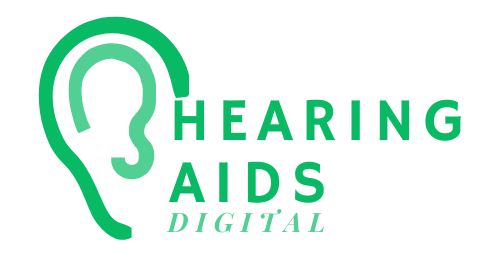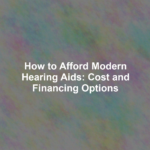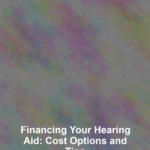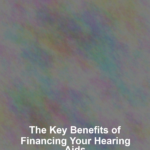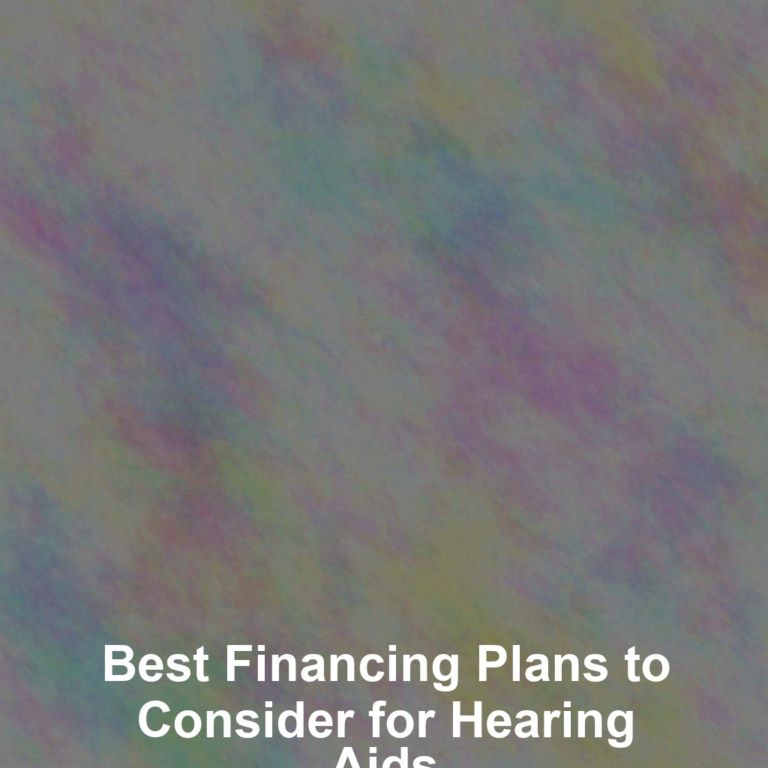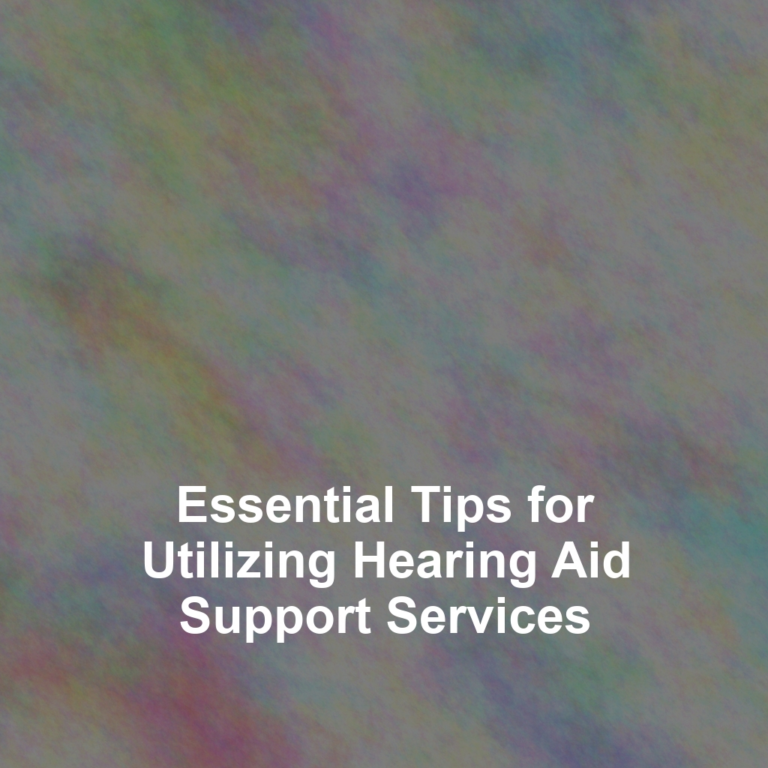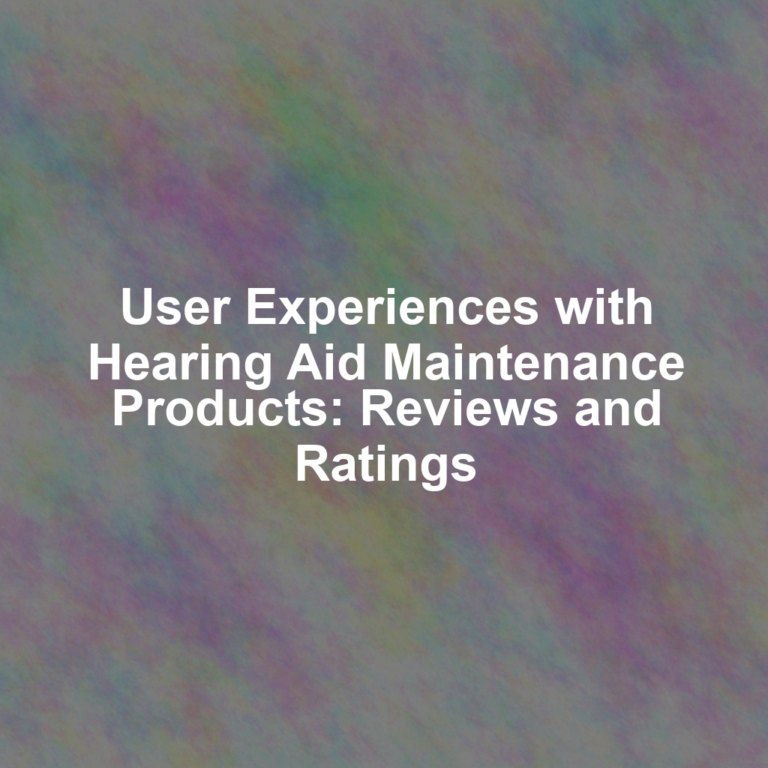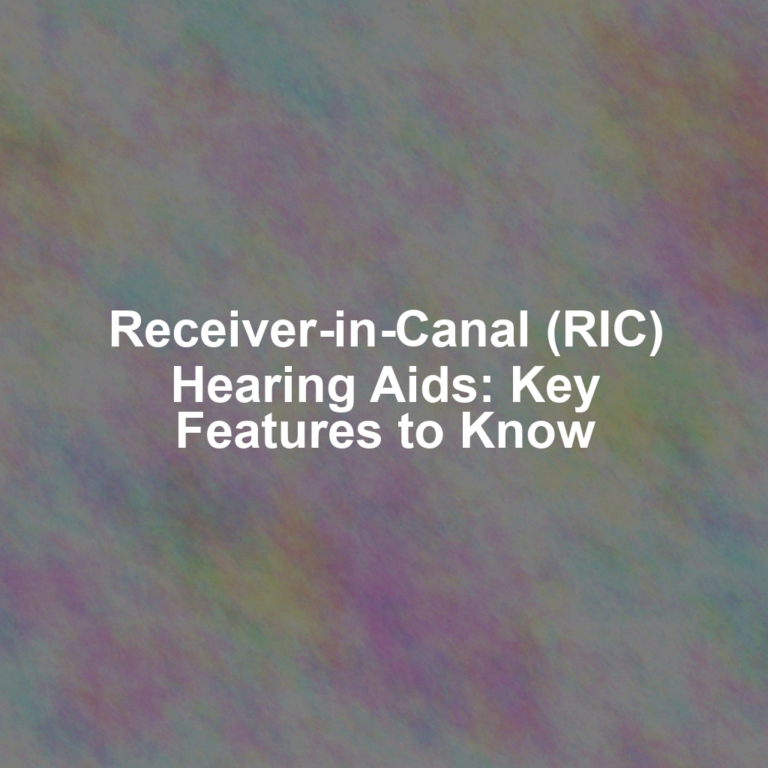Imagine standing on the edge of a bustling city street, straining to discern the whispered secrets of a loved one against the cacophony of life that swirls around you. This is the daily reality if youG??re navigating the world with impaired hearingG??a challenge thatG??s often compounded by the daunting task of affording a suitable hearing aid.
YouG??re confronted with a labyrinth of options: features, styles, and, perhaps most perplexingly, a wide range of costs and financing plans. While insurance may cover a fraction of the expenses, youG??ll often find yourself sifting through fine print, seeking government assistance, or exploring alternative financing options.
ItG??s a complex journey, and youG??re likely wondering if thereG??s a map that can guide you through the financial thicket to the oasis of crisp, clear sound. LetG??s embark on a path to uncovering the most cost-effective and efficient ways to ensure that the worldG??s symphony doesnG??t fade into a muted hum.
Understanding Hearing Aid Costs
Navigating the costs of hearing aids can be complex, as prices vary widely based on factors such as features, brand, and where you purchase them. YouG??ll find basic models that amplify sound for a few hundred dollars to high-end devices with advanced features like Bluetooth connectivity and noise cancellation costing several thousand. ItG??s not just the initial price tag you need to consider; there are also potential expenses for maintenance, batteries, or repairs down the line.
When youG??re looking through options, youG??ll notice that digital hearing aids tend to be pricier than analog ones, but they offer better sound quality and more customization. ItG??s important to weigh these benefits against the cost, especially if youG??re on a tight budget.
Insurance coverage for hearing aids is hit or miss. Some plans might cover a part or all of the cost, while others wonG??t offer any help. You should check with your insurance provider to see whatG??s included in your plan. If youG??re a veteran, you might be eligible for assistance through the Veterans Administration.
Insurance Coverage Explained
While considering the costs of hearing aids, itG??s crucial to understand your insurance coverage and what expenses it may alleviate. Most insurance plans categorize hearing aids as elective devices, which means theyG??re often not covered. However, some plans, particularly those designed for seniors or specific health conditions, might include partial or full coverage for these devices.
YouG??ll want to check with your insurance provider to see whatG??s included in your policy. Ask about deductibles, co-pays, and whether you need to choose from a network of preferred providers. ItG??s also important to find out if thereG??s a cap on the amount your insurance will pay and how often you can get new hearing aids.
Medicare typically doesnG??t cover hearing aids, but some Medicare Advantage Plans (Part C) offer additional benefits that may include hearing devices. If you have Medicaid, coverage can vary significantly by state, so youG??ll need to research your stateG??s specific benefits.
For those without insurance coverage or with plans that offer limited help, there are financing options such as payment plans through hearing aid providers or healthcare credit cards. Additionally, some non-profit organizations and state programs may offer assistance. Remember, staying informed about your insurance options can significantly impact your out-of-pocket costs for hearing aids.
Government Assistance Programs
You may qualify for government assistance programs that provide financial support for hearing aids, depending on your income level and place of residence. These programs are designed to help alleviate the burden of the cost associated with hearing aids, which can be substantial.
To get you started, hereG??s a list of potential options you might explore:
- Medicaid: If youG??re eligible, Medicaid may cover the cost of hearing aids. Coverage varies by state, so youG??ll need to check your stateG??s specific benefits.
- Medicare: Traditional Medicare doesnG??t usually cover hearing aids, but some Medicare Advantage plans might offer additional benefits.
- Veterans Affairs (VA): If youG??re a veteran, you may receive hearing aids at no cost through the VA, especially if your hearing loss is service-related.
- State programs: Several states have programs that assist with hearing aid costs for qualifying individuals.
- Vocational rehabilitation programs: If you need hearing aids to secure employment, these programs may offer financial assistance.
Remember to research each program thoroughly, as eligibility requirements can be quite specific. DonG??t hesitate to reach out to your local health department or social services for guidance. They can provide valuable information and help you navigate through the available resources.
Alternative Financing Options
If government assistance programs donG??t cover your needs, exploring alternative financing options for hearing aids can help manage the expenses. You might consider personal loans from banks or credit unions, which can offer competitive interest rates and flexible repayment terms. ItG??s crucial to shop around and compare offers to ensure youG??re getting the best deal possible.
Another option is financing through hearing aid manufacturers or retailers. Many offer financing plans, some with zero interest for a promotional period. Be sure to read the fine print, though, as interest rates can skyrocket if the balance isnG??t paid off in time.
You can also look into healthcare credit cards designed specifically for medical expenses, including hearing aids. These cards often provide interest-free periods or lower interest rates compared to standard credit cards. However, as with retailer financing, itG??s important to pay off the balance before the promotional period ends to avoid high interest charges.
Lastly, donG??t overlook crowdfunding platforms. They can be a viable way to raise funds, especially if you share your story compellingly. Friends, family, and even strangers might be willing to contribute to your cause, providing you with the financial support you need for better hearing.
Tips for Affordable Purchases
Maximize your savings on hearing aids by tapping into seasonal sales and discount events offered by manufacturers and retailers. Often, the end of the year or specific holidays can bring significant price reductions that you wonG??t want to miss. But, donG??t stop there; ensure youG??re getting the best deal with these additional strategies:
-
Compare Prices: Shop around and compare prices from various providers. You might find a better deal online or at a different local clinic.
-
Negotiate: DonG??t be afraid to negotiate the price. Some audiologists and retailers may offer a discount if you ask.
-
Insurance Coverage: Check your health insurance policy to see if it covers hearing aids and to what extent. Some plans may cover a portion of the cost.
-
Buy Last YearG??s Model: Consider purchasing last yearG??s model. TheyG??re often much cheaper and still provide the technology you need.
-
Check for Bundled Services: Some sellers bundle the cost of the hearing aid with services like fitting, follow-up adjustments, and routine maintenance. This can save you money in the long run.
Conclusion
YouG??ve explored the cost of hearing aids and how insurance might help. Remember, government programs may offer assistance, too. If those donG??t cut it, consider alternative financing options.
To keep costs down, always shop smartG??compare prices, look for discounts, and donG??t shy away from negotiating. Your hearing is essential; with the right approach, you can find affordable solutions to stay connected to the sounds of your life.
